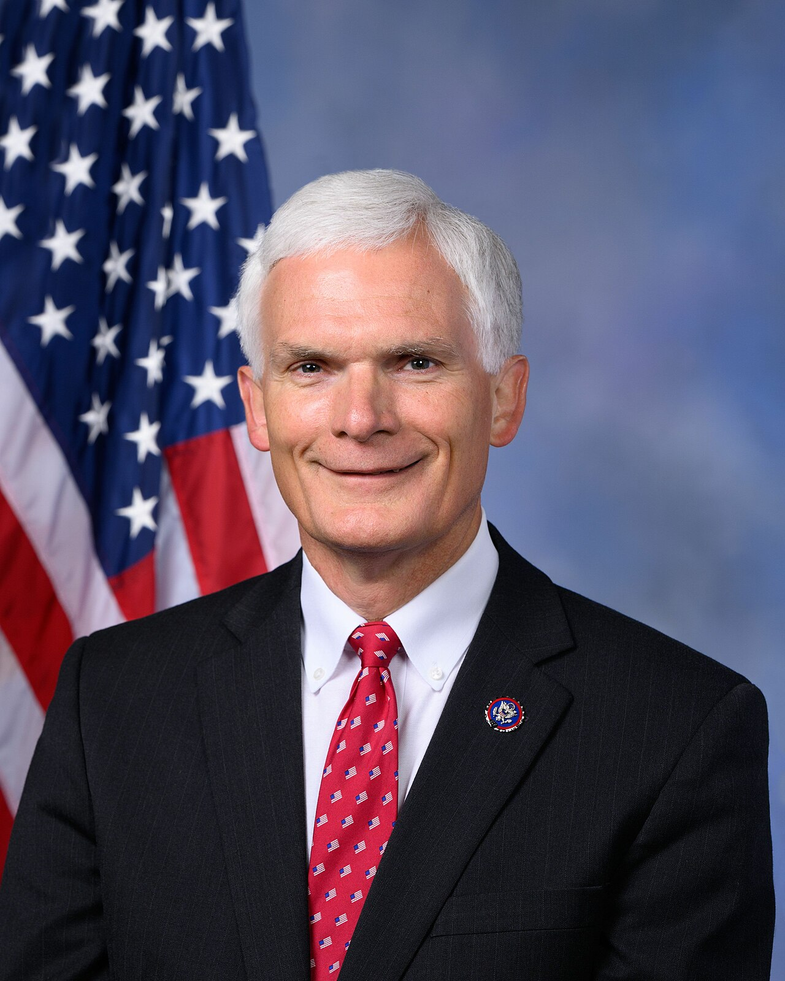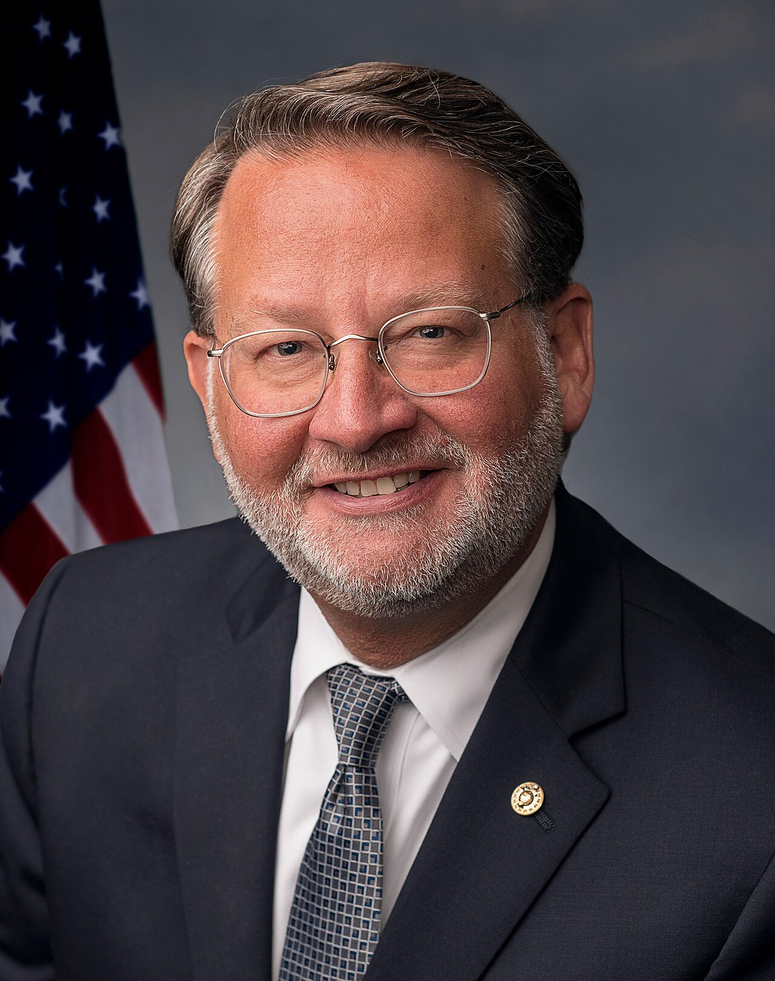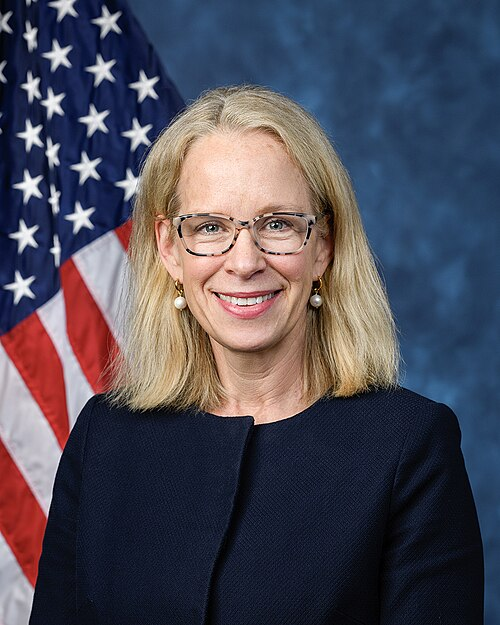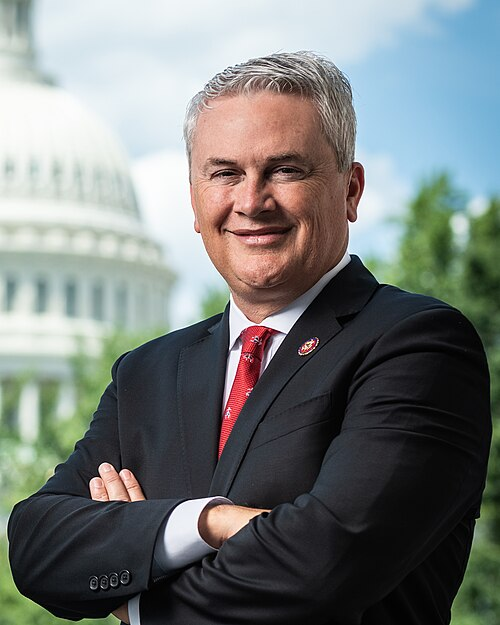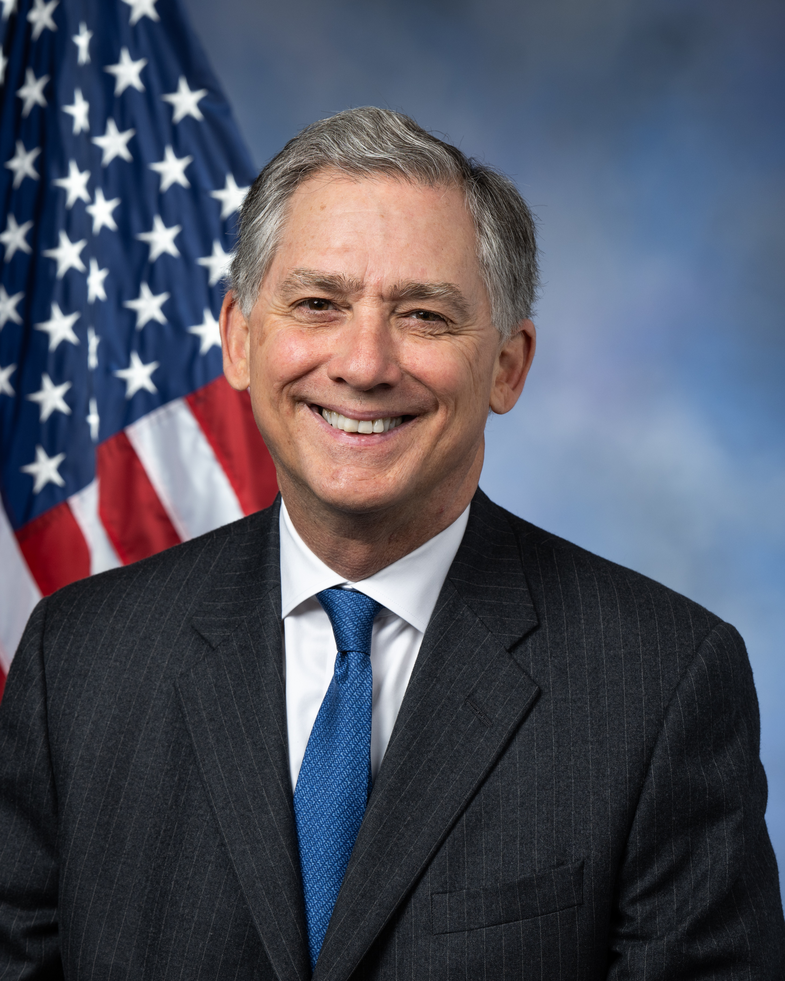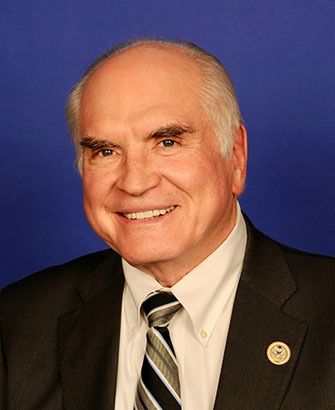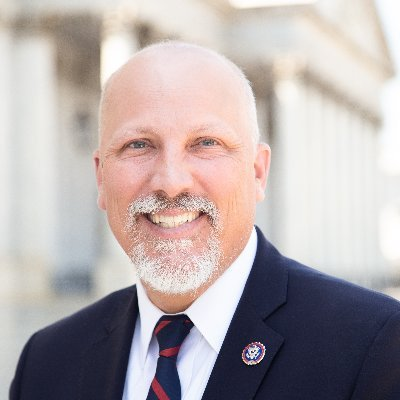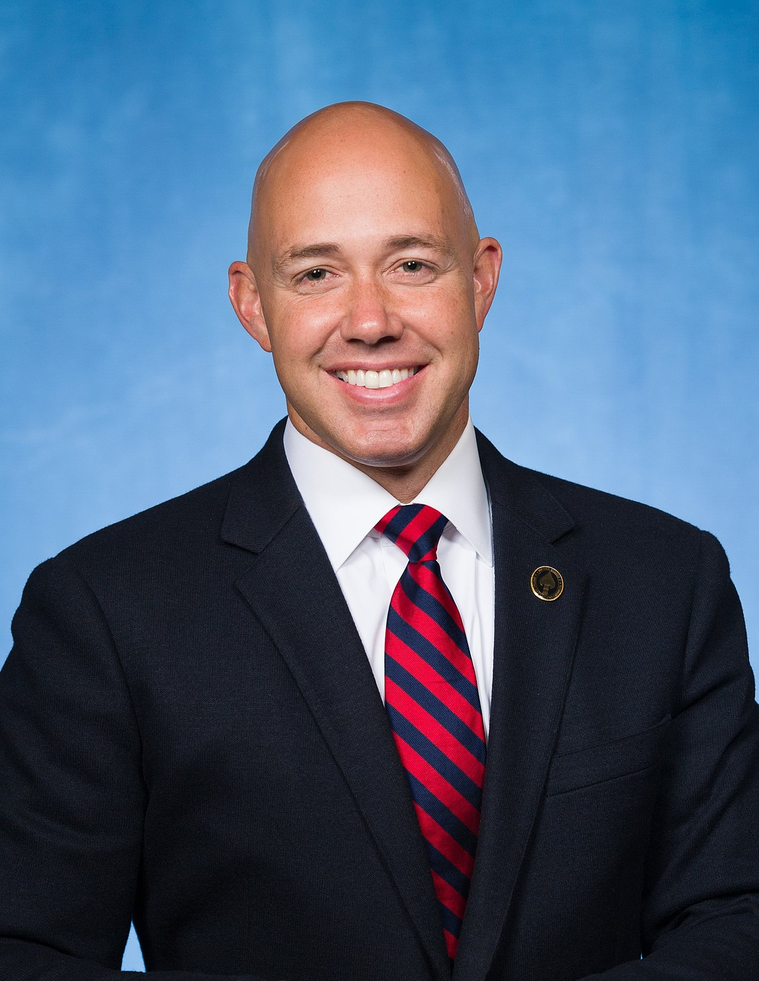H.R. 5147: Winning the International Race for Economic Leadership and Expanding Service to Support Leadership Act
This bill, known as the Winning the International Race for Economic Leadership and Expanding Service to Support Leadership Act (or the WIRELESS Leadership Act), aims to update and streamline the processes involved in the siting of personal wireless service facilities under the Communications Act of 1934. Here are the main aspects outlined in the bill:
1. Local Zoning Authority Preserved
The bill clarifies that it will not limit the authority of state or local governments when it comes to regulating the placement and construction of personal wireless service facilities. However, it imposes some requirements:
- No Discrimination: Governments cannot favor one communications provider over another regarding the installation of service facilities.
- Prohibition Against Prohibition: Governments cannot create rules that effectively ban the provision or enhancement of personal wireless services.
2. Timeframes for Approval
To expedite the approval process, the bill mandates specific timeframes within which local or state governments must respond to requests for authorization:
- For larger facilities, a request involving existing structures must be acted upon within 90 days, while other requests should be approved or denied within 150 days.
- For small personal wireless service facilities, the timeline is set at 60 days for existing structures and 90 days for new requests.
3. Deemed Granted Policy
If a government body fails to act on a request within the specified timeframe, the request will automatically be considered granted. This rule aims to prevent delays due to bureaucratic inaction.
4. Written Decisions Required
Any denial of a request by local or state governments must be documented in writing, citing substantial evidence and made available to the public on the same day.
5. Regulation on Environmental Concerns
State and local governments cannot regulate personal wireless service facilities based on the environmental effects of their radio frequency emissions, as long as the facilities comply with existing federal regulations.
6. Fee Structure
While governments may charge fees for processing requests or for the use of public rights-of-way, these fees must be:
- Competitively neutral and non-discriminatory.
- Calculated based on direct costs associated with processing requests.
7. Judicial and Administrative Review
Individuals or entities affected by government decisions can seek a review in court or petition the Federal Communications Commission (FCC) for an administrative review of those decisions.
8. Definitions
The bill clarifies important terms related to personal wireless services and facilities, including:
- Personal Wireless Service: Any fixed or mobile service provided via licensed or unlicensed frequencies.
- Small Personal Wireless Service Facility: Facilities incorporating antennas not exceeding 3 cubic feet in volume.
Relevant Companies
- T (AT&T Inc.): The bill's impact on facility siting may streamline processes, potentially benefiting AT&T’s expansion of its network.
- VZ (Verizon Communications Inc.): Verizon may experience reduced delays in deploying new services and infrastructure due to more streamlined approval processes.
- SBAC (SBA Communications Corporation): As a provider of wireless communications infrastructure, SBAC could see increased demand for facilities as siting processes become more efficient.
This is an AI-generated summary of the bill text. There may be mistakes.
Sponsors
1 sponsor
Actions
2 actions
| Date | Action |
|---|---|
| Sep. 04, 2025 | Introduced in House |
| Sep. 04, 2025 | Referred to the House Committee on Energy and Commerce. |
Corporate Lobbying
1 company lobbying
